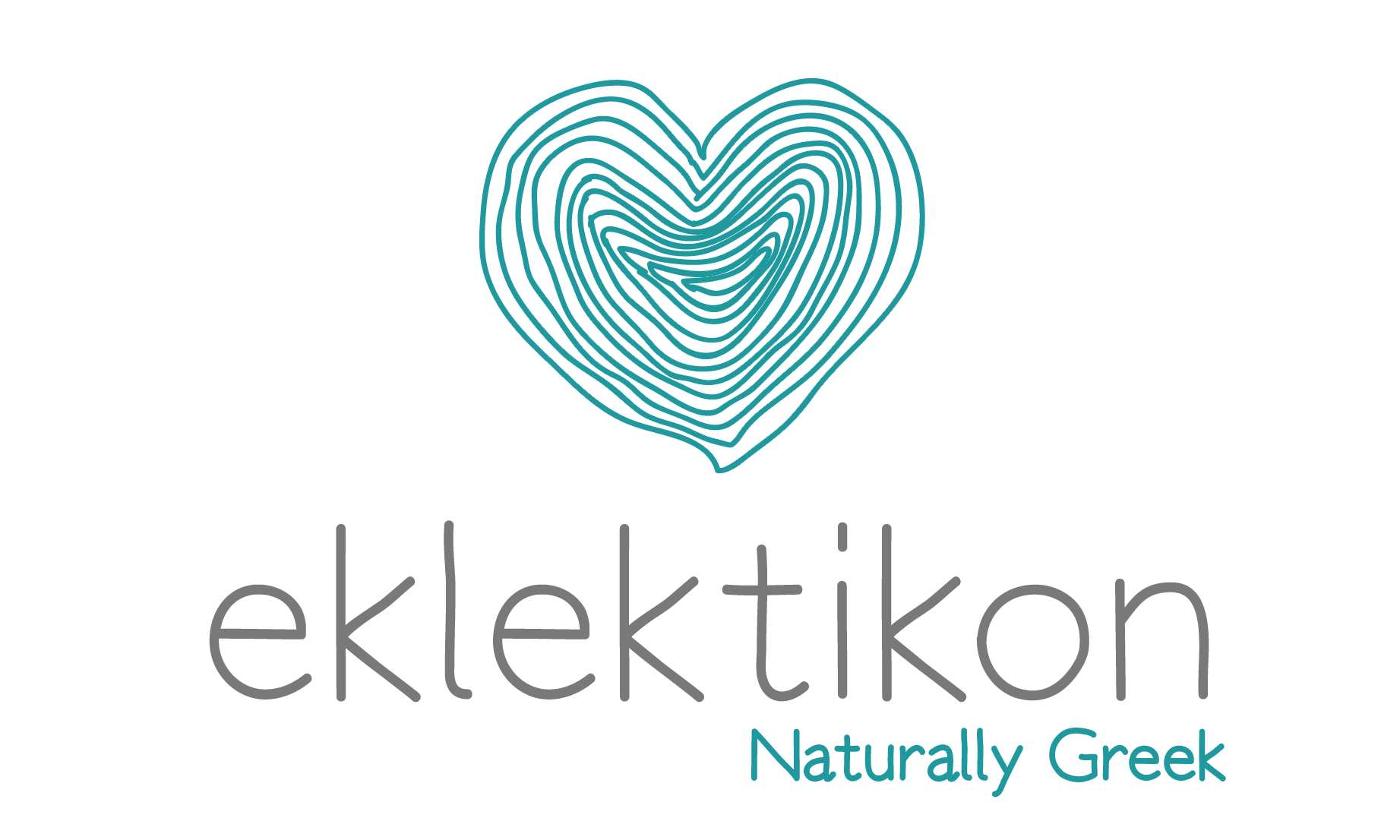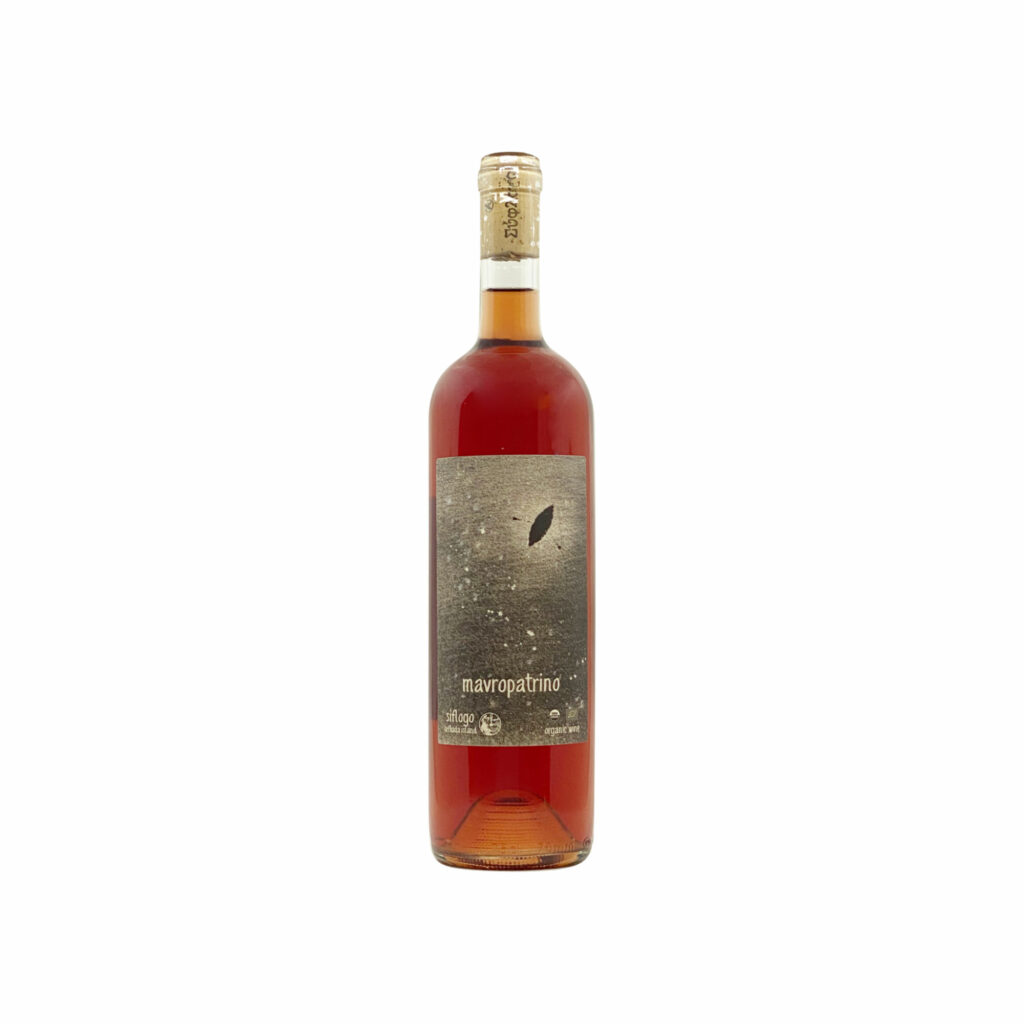Mavropatrino is as rare of a grape variety as it gets, and Siflogo is perhaps the only winery cultivating and vinifying it. Its poor pigmentation produces rosé wines of lively floral aromas and a juicy palate.
- Grower: Siflogo
- Vintage: 2022
- Type: Dark Rosé Dry Wine
- Grapes: Mavropatrino 100%
- Appellation: Varietal
- Alcohol: 13.50%
- Bottle: 750ml
- Viticulture: Certified Organic
- Vinification: 3-day skin contact, spontaneous fermentation in stainless steel tank with mild temperature control for 45 days, lees removal partially and elevation for five months in stainless steel tank. Βottled unfiltered and unfined without any sulfites or any additives.
- Files:


